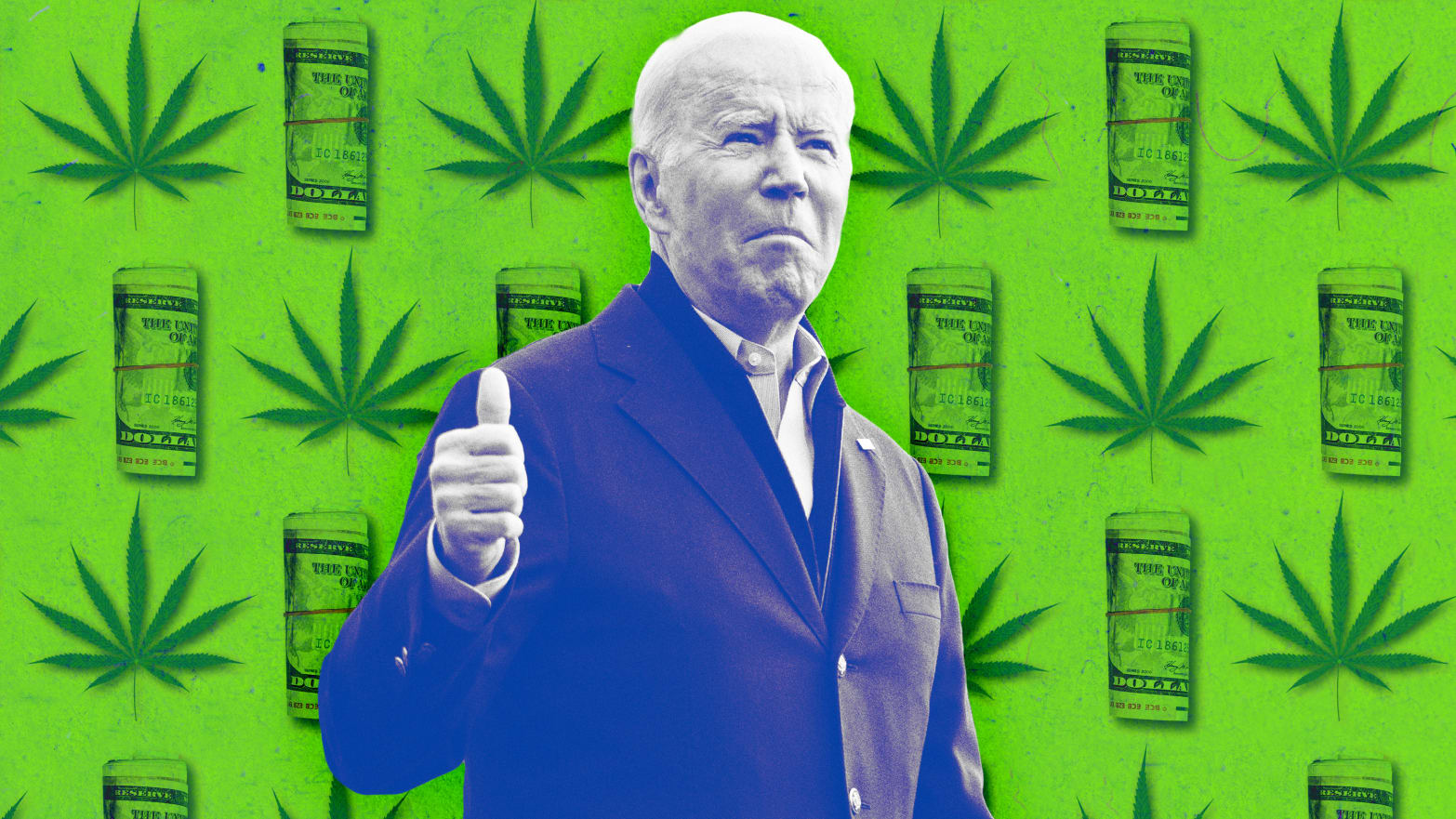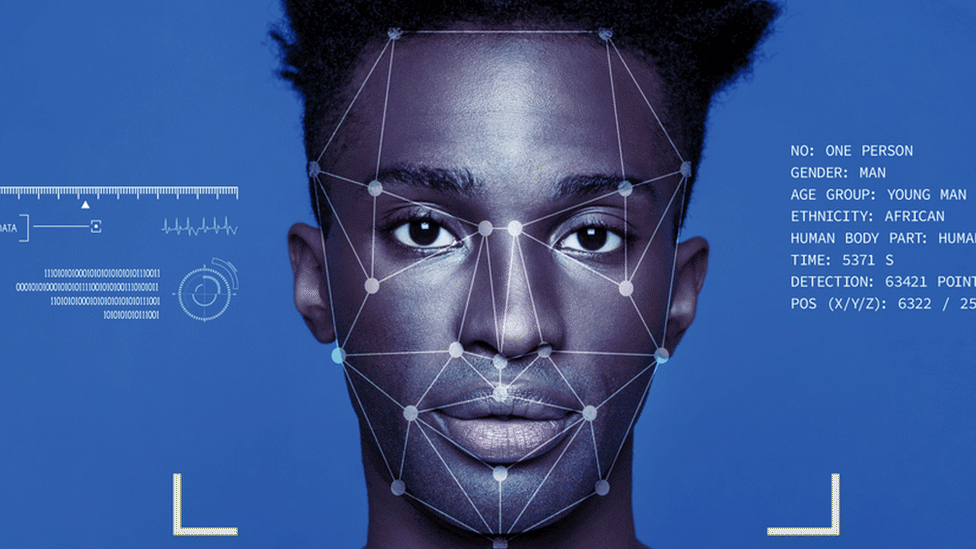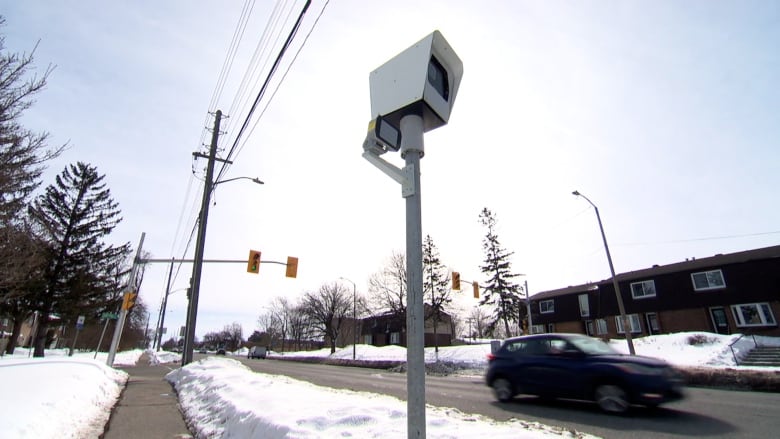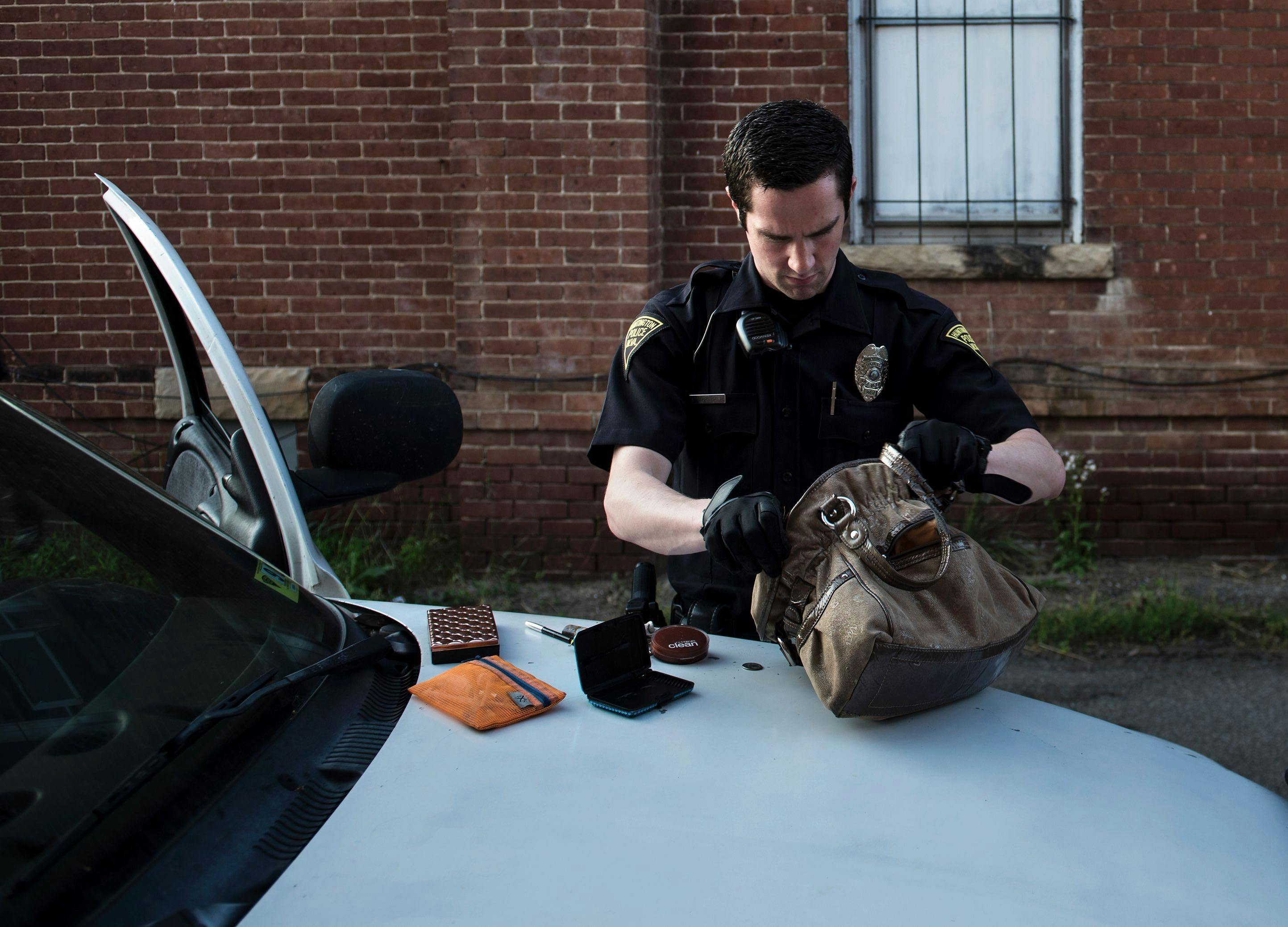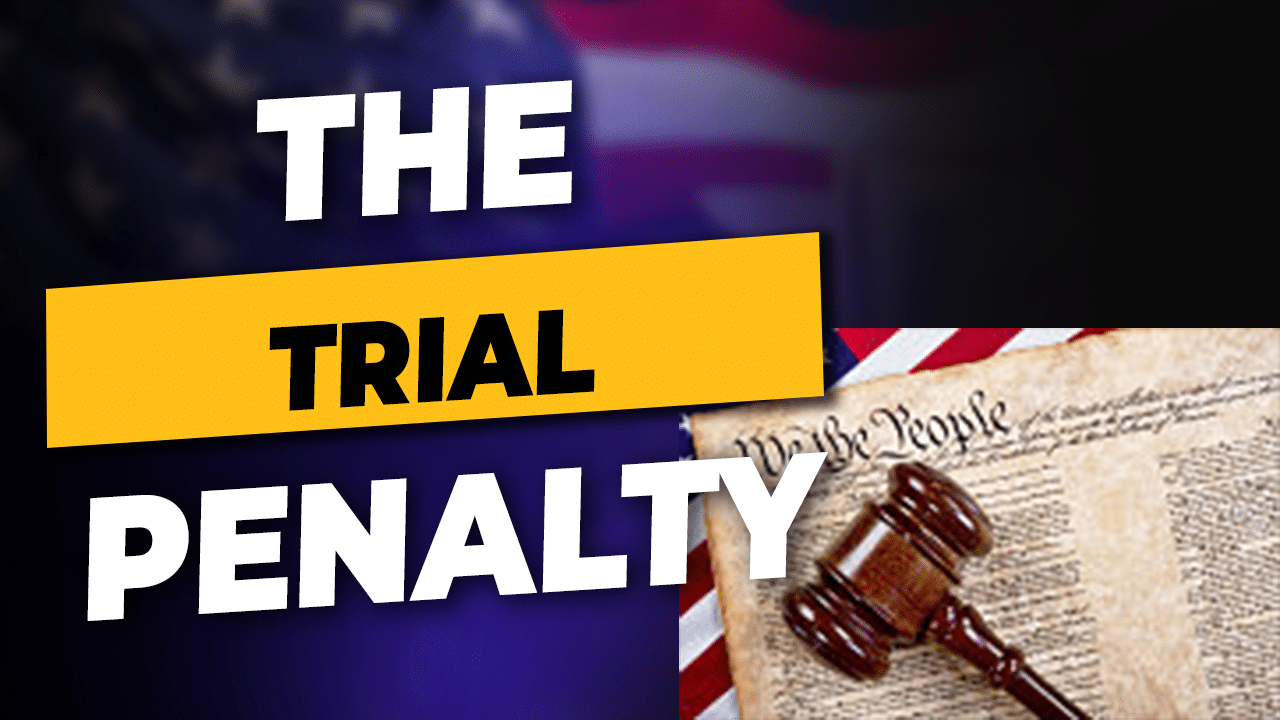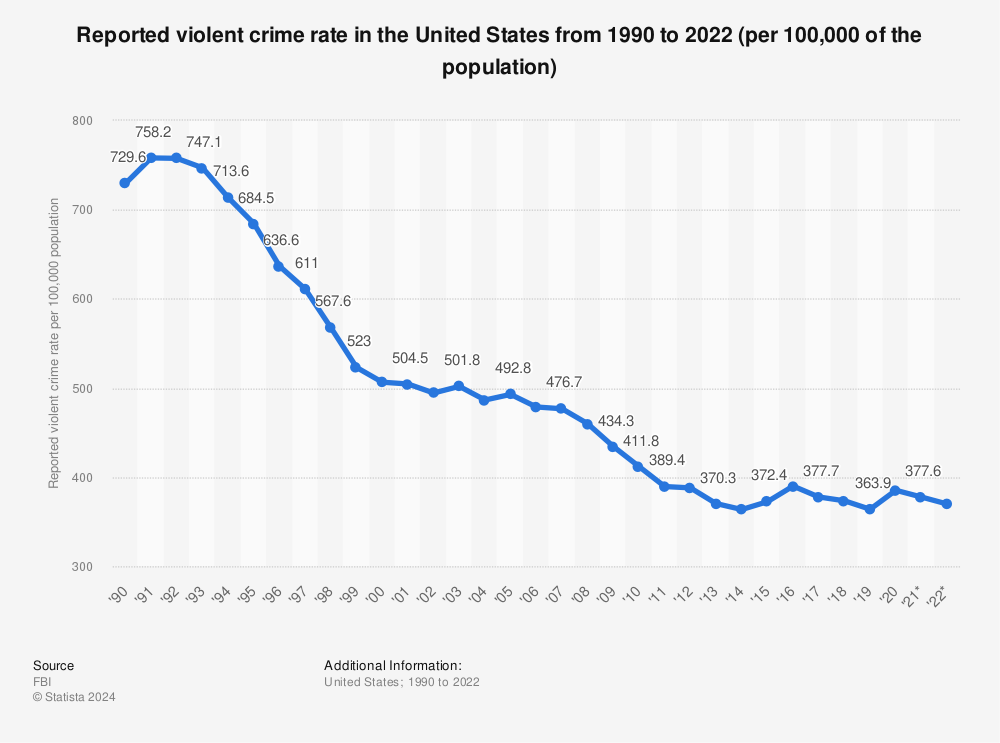
In an article from NPR, journalists Karen Zamora, Ari Shapiro and Courtney Dorning report that Americans can’t believe that violent crime is decreasing.
In 2020, the United States experienced one of its most dangerous years in decades. According to FBI statistics, the number of murders across the country surged by nearly 30% between 2019 and 2020, The overall violent crime rate, which includes murder, assault, robbery and rape, inched up around 5% in the same period.
But in 2023, crime in America looked very different.
VIOLENCE HAS DROPPED
“At some point in 2022 — at the end of 2022 or through 2023 — there was just a tipping point where violence started to fall and it just continued to fall . . . The national picture shows that murder is falling. We have data from over 200 cities showing a 12.2% decline in 2023 relative to 2022.” ~Jeff Asher, a crime analyst and co-founder of AH Datalytics.
Citing his own analysis of public data, Mr. Asher also found instances of rape, robbery and aggravated assault were all down too. Yet when you ask people about crime in the country, the perception is it’s getting a lot worse.
THE GALLUP POLL
A Gallup poll released in November found 77% of Americans believed there was more crime in the country than the year before. And 63% felt there was either a “very” or “extremely” serious crime problem — the highest in the poll’s history going back to 2000. So what’s going on?
WHY IS VIOLENT CRIME DECREASING?
For cities like San Francisco, Baltimore and Minneapolis, there may be different factors at play. And in some instances, it comes as the number of police officers declines, too.
Baltimore police are chronically short of their recruitment goal, and as of last September had more than 750 vacant positions, according to a state audit report. In Minneapolis, police staffing has plummeted. According to the Star Tribune, there are about 560 active officers — down from nearly 900 in 2019.
In Minneapolis, the city is putting more financial resources into nontraditional policing initiatives. The Department of Neighborhood Safety, which addresses violence through a public health lens, received $22 million in the 2024 budget. And in San Francisco, police there say they’ve been better at making arrests.
Please contact my office if you, a friend or family member are charged with a violent crime. Hiring an effective and competent defense attorney is the first and best step toward justice.


